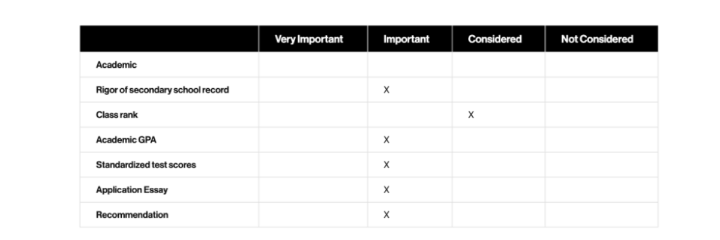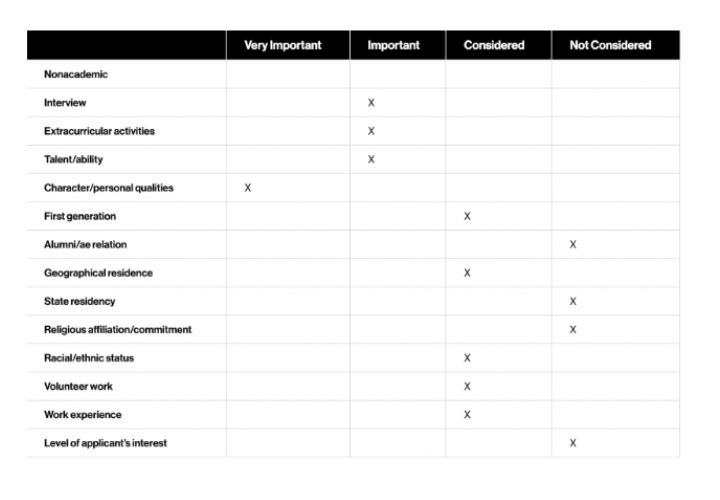Gaining admission to a top institution like MIT is a highly selective process. So, what type of applicants does MIT tend to favor, and how can students approach their applications more effectively? Here’s an overview of data from MIT’s admissions office, providing insight into the profile of their latest class.
MIT Admissions Breakdown: Key Data from Recent Admissions
Early Action vs. Regular Decision
MIT’s admissions process is extremely competitive. Of the 28,232 first-year applicants, only 1,284 were admitted, resulting in a 4.5% acceptance rate. To put this into perspective, for every 200 applicants, only about 9 are accepted. This means that applicants must excel across multiple areas to stand out.
General
| First Year Applications | 28,232 |
| First Year Admits | 1,284 |
| Admittance Rate | 4.5% |
In the early action (EA) round, 12,563 students applied, and 661 were admitted, resulting in a 5.3% acceptance rate. While still low, this is slightly higher than the overall acceptance rate, suggesting that applying early can offer a small advantage. However, for those whose early applications were deferred to the regular action (RA) round, only 206 were ultimately admitted. This demonstrates that deferred applicants face an even lower acceptance rate during regular decisions. Overall, 614 students were accepted during regular action, including those deferred from early action.
Early Action (EA)
| Early Action Applicants | 12,563 |
| Early Action Admits | 661 |
| Deferred to Regular Action | 8,051 |
| Deferred Applicants admitted during Early Action | 206 |
Regular Action (RA)
| Regular Action Applicants | 15,669 |
| Total considered during Regular Action (including deferred students) | 23,720 |
| Regular Action Admits (including deferred students) | 614 |
| Offered a place on the wait list | 590 |
What Academic Factors MIT Considers for Applicant Success
MIT evaluates applicants holistically, considering nearly all aspects of a student’s academic record without placing excessive emphasis on any single factor.

This means excelling in one area alone will not guarantee admission. High school course rigor is highly valued, so students are encouraged to take challenging courses, such as AP, IB, or honors classes. While class rank is considered, it is not among the top factors, as MIT values a student’s overall academic performance and potential.

Key Non-Academic Factors That MIT Considers for Admissions
MIT places great importance on character and personal qualities, which is the only non-academic factor ranked as "very important."

This indicates that the institution looks for students who not only excel academically but also possess strong personal values and character.

Other factors, such as interviews, extracurricular activities, and individual talents or skills, are also significant. Factors like being a first-generation college student or geographic location are considered, though less heavily. Volunteer work is valued, as MIT appreciates students who contribute to their communities, but it is not a primary factor. Additionally, work experience, such as internships or entrepreneurial ventures, is noted as a "considered" factor and can enhance an application.
Interestingly, demonstrated interest in MIT is not considered during the admissions process, meaning the focus remains on applicants' abilities and achievements rather than their enthusiasm for the institution itself.
Securing a spot at MIT requires more than just exceptional academic performance. A strong application balances rigorous coursework with a display of personal qualities, leadership, and meaningful involvement outside the classroom. By taking on academic challenges, pursuing impactful extracurricular activities, and showcasing your unique strengths, you can present a well-rounded profile that aligns with MIT’s values. Remember, admissions decisions reflect a holistic view of your potential, so be sure to highlight both your academic achievements and personal growth throughout the application process.


